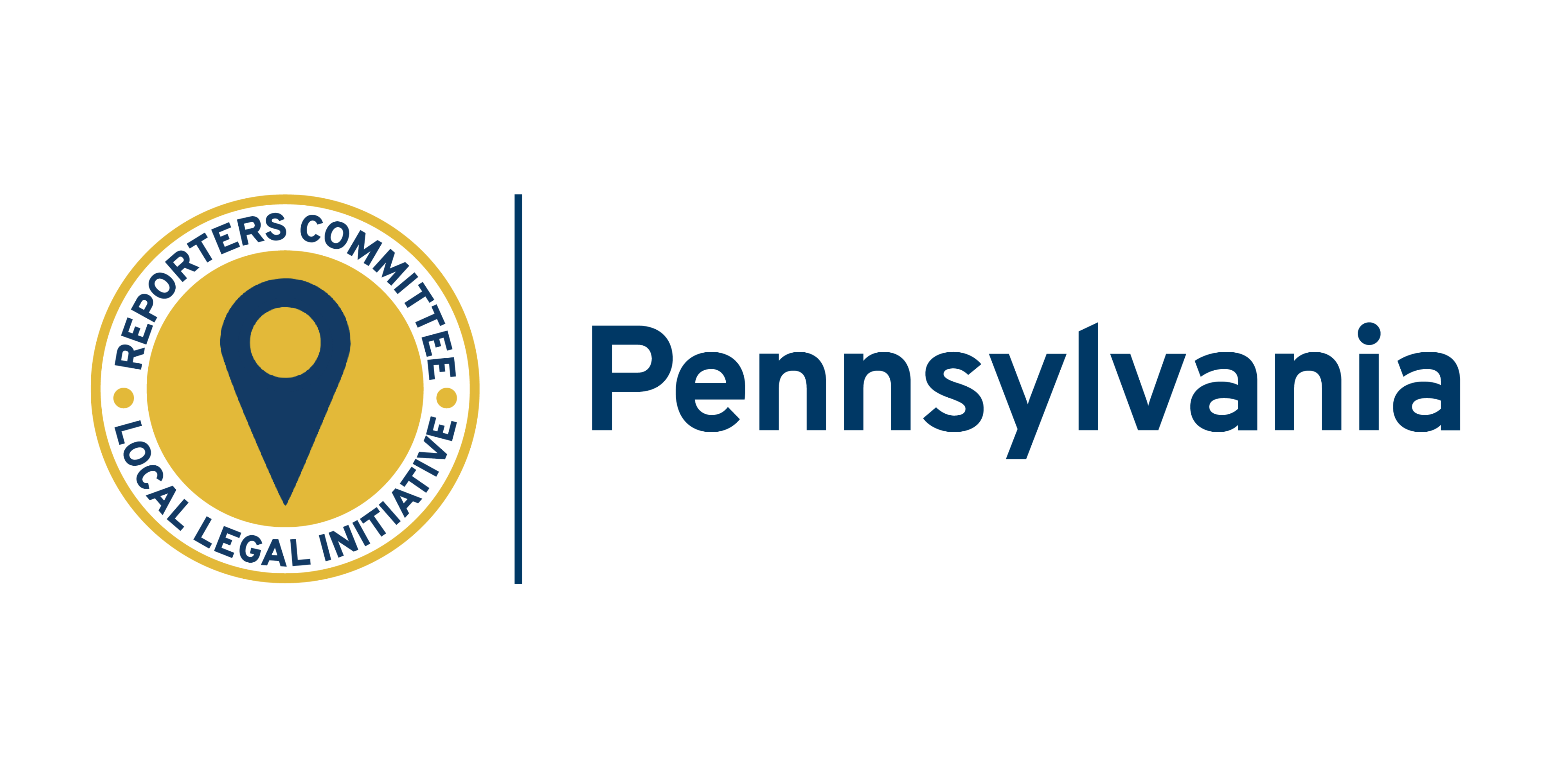Commonwealth Court orders Pennsylvania Office of General Counsel to turn over unredacted legal invoices

The Commonwealth Court of Pennsylvania has ordered the Office of General Counsel to provide two journalists with unredacted versions of records that could shed more light on legal services outside law firms performed for departments under the governor’s jurisdiction.
In a 19-page ruling issued on Tuesday, a three-judge panel of the Commonwealth Court held that subject matter lines on outside law firm invoices were not exempt from disclosure under Pennsylvania’s Right-to-Know Law and that they must be turned over to Spotlight PA reporter Angela Couloumbis and Sam Janesch, previously a reporter for The Caucus. The court also sent the case back to the Office of Open Records to determine if the subject matter lines on other invoices requested by the two journalists were protected from public disclosure.
“We’re pleased that the court agreed with our argument that Pennsylvanians have a right to know how and why the governor’s office has spent taxpayer funds on private attorneys,” said Paula Knudsen Burke, the Reporters Committee’s Local Legal Initiative attorney for Pennsylvania, who represents Couloumbis and Janesch in the litigation. “Our state’s public records law exists to promote access to exactly this kind of information, which helps the public more fully understand how its government is operating.”
The public records dispute began in early 2022, when Couloumbis and Janesch filed a public records request with the OGC seeking records related to outside legal work performed by law firms or attorneys for departments under the governor’s jurisdiction. The request specifically sought those records for the calendar years 2019-2021.
The OGC provided some responsive records but with extensive redactions that hid important information, including descriptions of the legal matters. The OGC claimed the blacked out information was protected under exemptions included in the Right-to-Know Law.
The journalists appealed to the OOR, but the agency sided with the OGC, concluding that the descriptions of the legal matters were subject to attorney-client privilege. The agency rejected the journalists’ request to reconsider the case.
On behalf of Couloumbis, Janesch, Spotlight PA, and The Caucus, Burke appealed the OOR’s decision to the Commonwealth Court. In their petition seeking the court’s review, the journalists argued, among other things, that the OOR erred in concluding that the Office of General Counsel could withhold certain information, including descriptions stating why an attorney or law firm is hired.
In its decision, the panel focused on two batches of invoices it reviewed in private. The panel ultimately concluded that the subject matter lines of those records were not protected from disclosure under an exemption that shields certain information related to criminal investigations. Nor were they protected by attorney-client privilege.
“Based on our careful review of the documents, we find that the subject matter lines, if released, would not divulge any protected information,” President Judge Emerita Bonnie Brigance Leadbetter wrote in the panel’s opinion.
The decision didn’t entirely resolve the case, however. The panel sent the case back to the OOR so that it can examine other requested invoices to determine whether those records are subject to attorney-client privilege.
The ruling cited the Commonwealth Court’s earlier decisions in two related cases concerning access to the legal bills of Pennsylvania state legislators. In those rulings, the court agreed with Burke’s argument on behalf of Couloumbis and Janesch that the General Assembly cannot use the attorney-client and attorney work-product privileges to categorically redact the subject matters of its legal engagements in financial records. Instead, the court held that the legislature must produce evidence supporting each instance it seeks to keep such information from public view on a case-by-case basis.
While the court concluded that the state House of Representatives had met its evidentiary burden, it rejected the state Senate’s broad justification for invoking the attorney-client and attorney work-product privileges, and sent the case back to the Senate appeals officer for in camera review. The Senate appeals officer later ordered the Senate to un-redact some additional records.